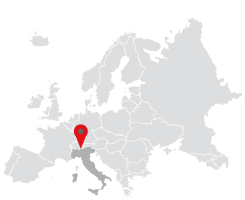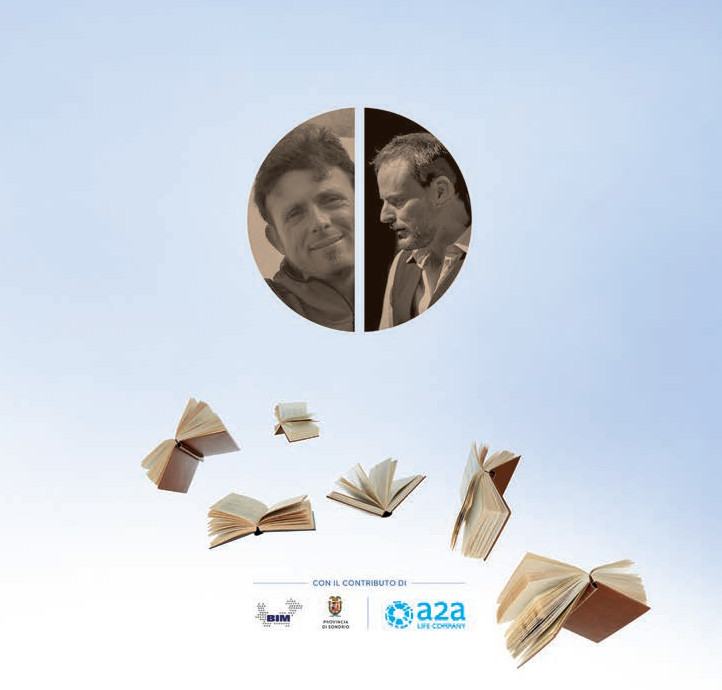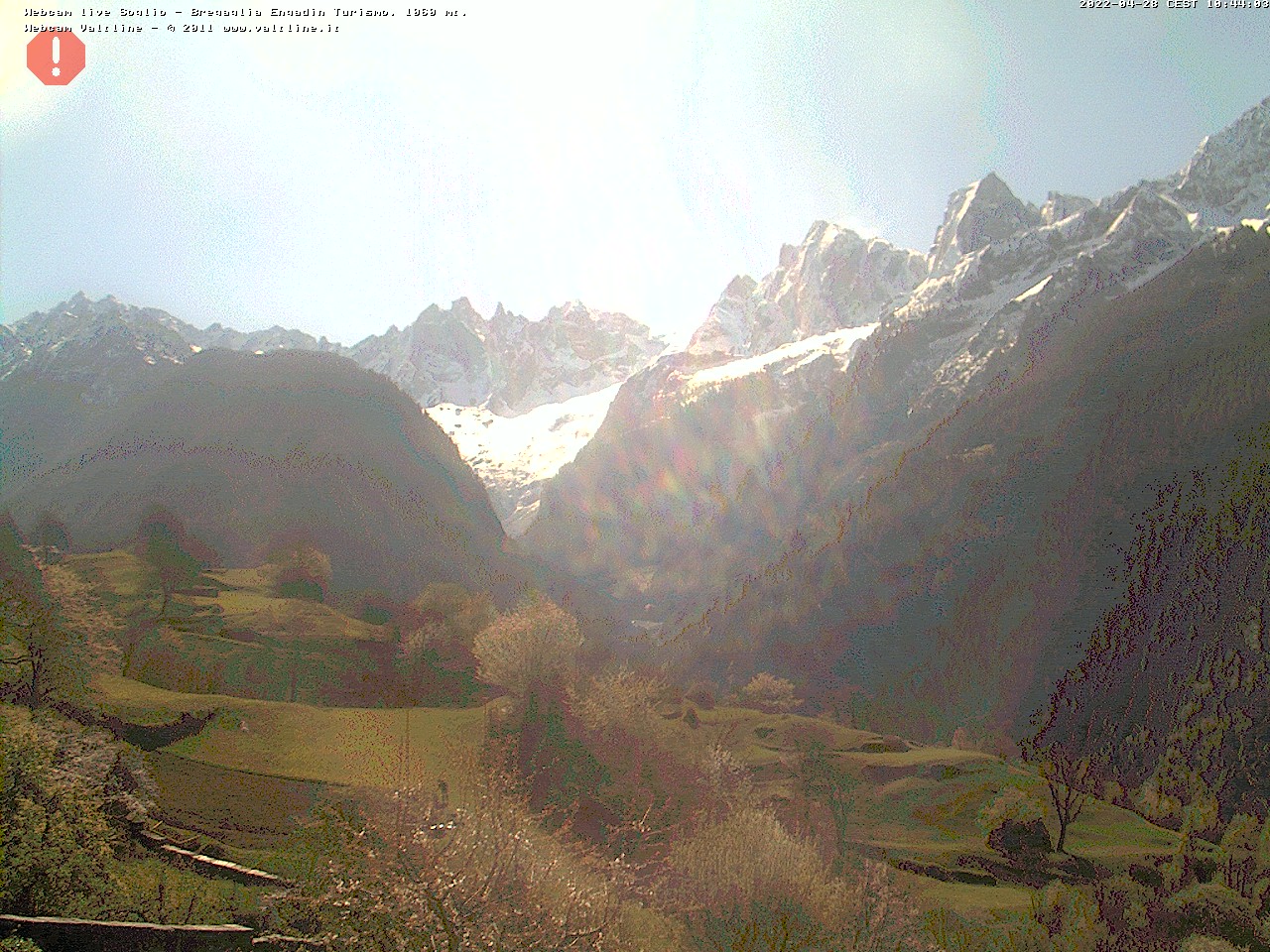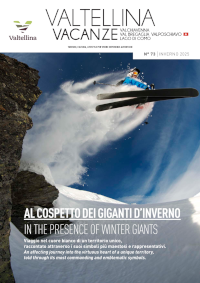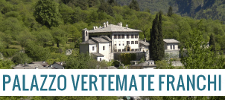Lofty uplands, dark uplands: in recent years, mountains have proved well capable of not only seducing and attracting tourists and travellers, but also of transforming themselves into the sets of a host of “dark” tales, from detective stories to thrillers, noir to investigative capers. Much-loved protagonists on both paper and the small screen, such as Rocco Schiavone, Teresa Battaglia, Nanni Settembrini and plenty others move against a backdrop of majestic peaks and valleys where sunshine and fog alternate, investigating crimes in search of wrongdoers to bring to justice.
“Storie di terre alt(r)e” or “Tales of up/other lands” is a literary and cultural review, now in its second year programmed for Madesimo, curated by Gabriela Jacomella, under the co-ordination of the Consorzio Turistico di Madesimo (with the Municipality and Associates) and in collaboration with the Provincia di Sondrio. BIM and the company A2A. A vast number of guests were involved during summer, with packed rooms and engaged audiences to welcome speakers of the highest calibre: President of the Italian Meteorological Society, Luca Mercalli, author Andrea Vitali with the director Paula Nessi. The final appointment, scheduled for 7th December, dedicated to “Stories from Planet Earth” will see the glaciologist Riccardo Scotti in conversation with Alfonso Lucifredi, naturalist and science journalist.
Another guest on the stage of the festival was Livia Sambrotta, author of the psychological thriller “Cristallo” (SEM), set in the Dolomites of Belluno - an area where she spent her adolescence, and which she was able to capture on the page with great charm and suspense. We invited her to expound on where the fascination of this “mountain in black” came from:
“The mountain is a powerful setting, which perfectly naturally becomes a protagonist in every respect of the narrative. It is not simply a context within which the story develops. And when a setting is so important and influences the very choices of the characters, its power transforms it into a character itself. The mountain is on the one hand the light, especially in the summer, full of vitality. But care here, because the light can strip us bare; if darkness helps to hide, light reveals us for what we are, and this is maybe what my characters are afraid of, so light has its positive elements yet can also become a weapon. And then there is the mountain of darkness. Mountain of woodland, of impenetrability, something that confuses, in which we get lost. The mountain changes in the space of a few hours and I think for that very reason it has been adopted by so many authors.
As an archetype in itself it contains the narrative of the journey which normally is transformed, so it’s a story of formation; this is a vital aid to permit the author to give their characters a narrative arc of development and growth. Then of course there is the upward element: on the mountain you have to climb and this too is a metaphor of the human soul, the desire to challenge the self and then grow and develop. For all these reasons, here in Italy we have managed to make mountains an appropriate setting for our literature, our cinema and in our serials - rather like the Americans did with their provinces - full of large spaces yet no history and thus became a metaphor for a human epic (think of the western, the frontier story) because in that vast and boundless solitude the characters could confront what they really were. Here we lack those open spaces but the rediscovery of the mountain with tales from on high, helps us to dig into our psyche to explore the “other lands” of our unconscious.
